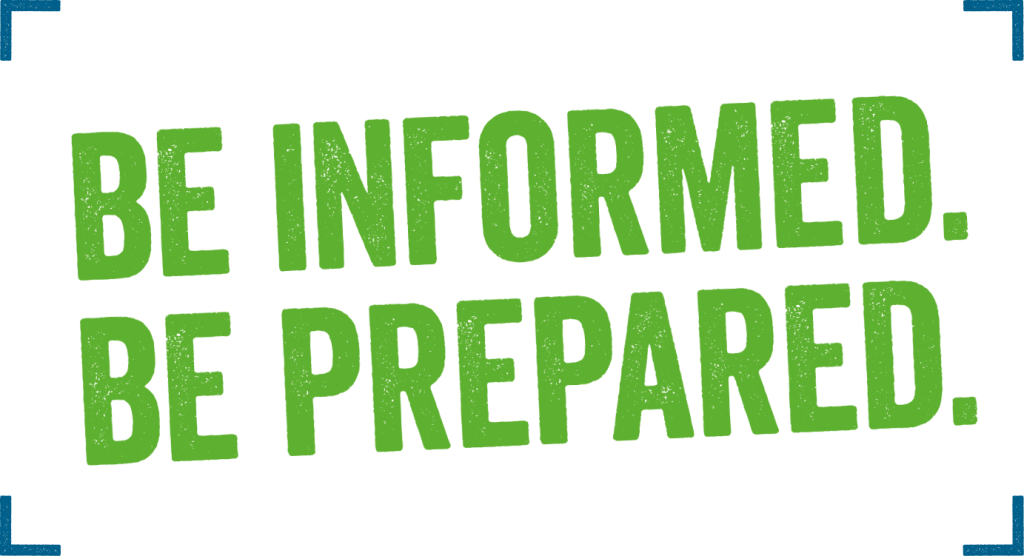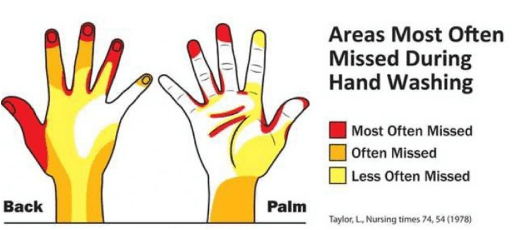COVID-19 & your insurance cover

- Virus information
- Travel updates
- Emergency evacuations impact
- Coverage
Updated 19 June 2020
Just a short update for everyone:
- Singapore has updated its border restrictions and is slowly moving out of lock-down. Coffee shops and restaurants are once again up and running. For full details check out the Channel News Asia report.
Updated 26 April 2020
Well people, I think by now you’re fairly well informed when it comes to COVID-19. You’re undoubtedly in lockdown somewhere, wondering when the world will get back to normal.
It won’t be soon sadly. A few countries are talking about slowly removing restrictions, but a vaccine is likely 12 months away, so we’re all going to have to adjust and learn to live in a new world until then.
Reminders:
- Travel is limited and is likely to stay for at least 3 months. This also limits emergency evacuations, but hopefully, they’ll be one of the first kinds of flights approved in two to three months’ time.
- Learn the mantra if you haven’t already: Physical Distancing, handwashing, and repeat. It’s the only way to reduce infections and to protect others. Remember when we say handwashing, we’re talking about the washing that takes 20 seconds or more to complete.
And if you’re looking for a world view “COVID-19 Dashboard”, check out the one from John Hopkins University.
16 March 2020
The World Health Organization (WHO) declared COVID-19 a pandemic on 11 March 2020.
This communication provides links to reliable resources that explain the condition, and it explains the cover offered by your Safe Meridian Policy. All links provided within this document are to reliable, professional resources, such as WHO or the American Centers for Disease Control & Prevention (CDC).
What is COVID-19?
For an overview of COVID-19, check out the following resources:
- WHO Coronavirus disease (COVID-19) advice for the public
- WHO Q&A on coronaviruses (COVID-19)
- CDC’s What you should know
- CDC Information for healthcare professionals
- COVID-19 can remain in the air for several hours and remain on certain surfaces for up to 3 days.
Who’s at risk?
Anyone can be infected by COVID-19, but it is people aged 60 and above, and people with certain pre-existing conditions that are most at risk of complications.
When should I self-quarantine?
To protect your family, friends, and the general community, you should self-isolate (stay at home) for 2 weeks if you have had close contact with a person suspected or confirmed with the condition, have returned from a country where the condition is not controlled or wide spread, or if you have symptoms similar to those of the common cold of flu. If you have been infected, symptoms usually appear within 5 days, but it can take longer.
What are the symptoms?
COVID-19 symptoms include a high temperature (fever), cough, or shortness of breath. Not all symptoms may present together and not all may present at the same time.
What’s the best way to protect me and my family?
- Wash your hands, repeatedly and well
- Learn not to touch your face
- Cover your mouth when coughing or sneezing
- Stay away from people coughing or sneezing
- Avoid large gatherings
- Disinfect frequently touched surface daily
- Manage your anxiety
- Talk to your kids and manage their anxiety

Travel Restrictions
Most countries have implemented severe travel restrictions. You may be refused entry or transit, or you may face a compulsory 14-day self-quarantine requirement upon arrival.
Before travelling, check with your airline or with sites such as the Australian’s Government’s Smartraveller site or the Singapore Government’s travel advisory site. The situation is changing rapidly and online resources other than Government sites may be out of date.
Misinformation & Social Media
There are many false stories about COVID-19 circulating on social media. For current and correct information, look for respected news sites, medical sites or Government sites. We can recommend the following:
| News Sites | |
| https://www.channelnewsasia.com/ | Singapore’s leading news channel |
| https://www.abc.net.au/news/ | Australia’s National News Broadcaster |
| https://www.euronews.com/ | Euro News (available in several languages) |
| https://edition.cnn.com/specials/asia/coronavirus-outbreak-intl-hnk | CNN News site |
| Recommended Health Information Sites & Services | |
| https://www.who.int/emergencies/diseases/novel-coronavirus-2019 | World Health Organization |
| How Singapore sends daily Whatsapp updates on coronavirus | Sign-up link at the end of the article |
| https://www.health.gov.au/ | Australia Government’s Department of Health |
| https://www.cdc.gov/ | USA Government health security website. |
| CDC risk assessment of COVID-19 by country | |
| https://www.healthline.com/health/coronavirus-covid-19 | A reliable site for medical Information |

The following is provided to help you understand your Globalis cover in respect of COVID-19, and the services impacted by the pandemic. This advice replaces all previously issued explanations of entitlements in respect of COVID-19.
Assistance Benefits (all Plans)
20 March 2020 Update:
We’ve received confirmation from our assistance partners that Singapore is not accepting inbound suspected or confirmed COVID-19 patients. We are advised all inbound patients would be required to perform at least 2 COVID-19 tests and be cleared of the virus before any Singapore Hospitals will consider accepting the case.
Singapore nationals may be excluded from this requirement, but we have not yet had confirmation. If you need assistance, contact the Assistance Company named in your Policy Wording. Contact details are in your Member Guide.
You need to understand this impacts all medical evacuations, not only those for COVID-19 patients. Any member requesting a medivac for non-COVID-19 reasons will still need to be tested, confirmed clear of COVID-19, and accepted by a Singapore hospital before a medivac can be organized. Sourcing COVID-19 tests may be difficult in some countries.
For Silver, Gold & Platinum Plan insured: COVID-19 testing is covered under your Outpatient Benefit entitlement if the local Government is not covering its cost and it is prescribed by the treating doctor. Your doctor will need to provide us justification for the test. It will not be covered if obtained without justification. COVID-19 treatments are covered if the local Government is not organizing treatment and covering its cost. In Singapore and Indonesia, for instance, all local cases are currently being transferred to hospitals at the Government’s direction and costs are being covered by the Government. Usual terms would still apply (eligible treatments only etc.).
For Bronze Plan insured: COVID-19 inpatient treatments are covered if the local Government is not organizing treatment and covering its cost. In Singapore and Indonesia, for instance, all local cases are currently being transferred to public hospitals at the Government’s direction and costs are being covered by the Government. Usual terms would still apply (eligible treatments only etc.).